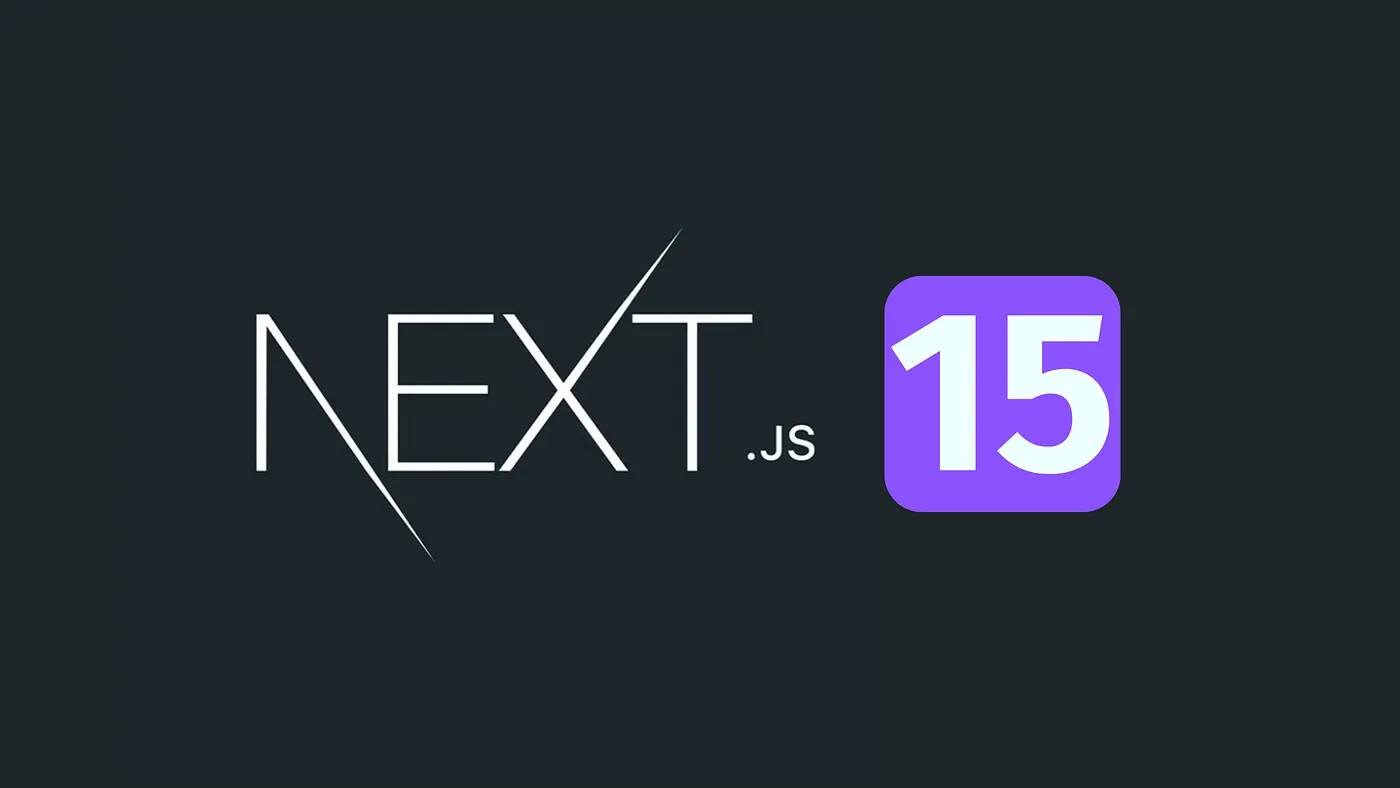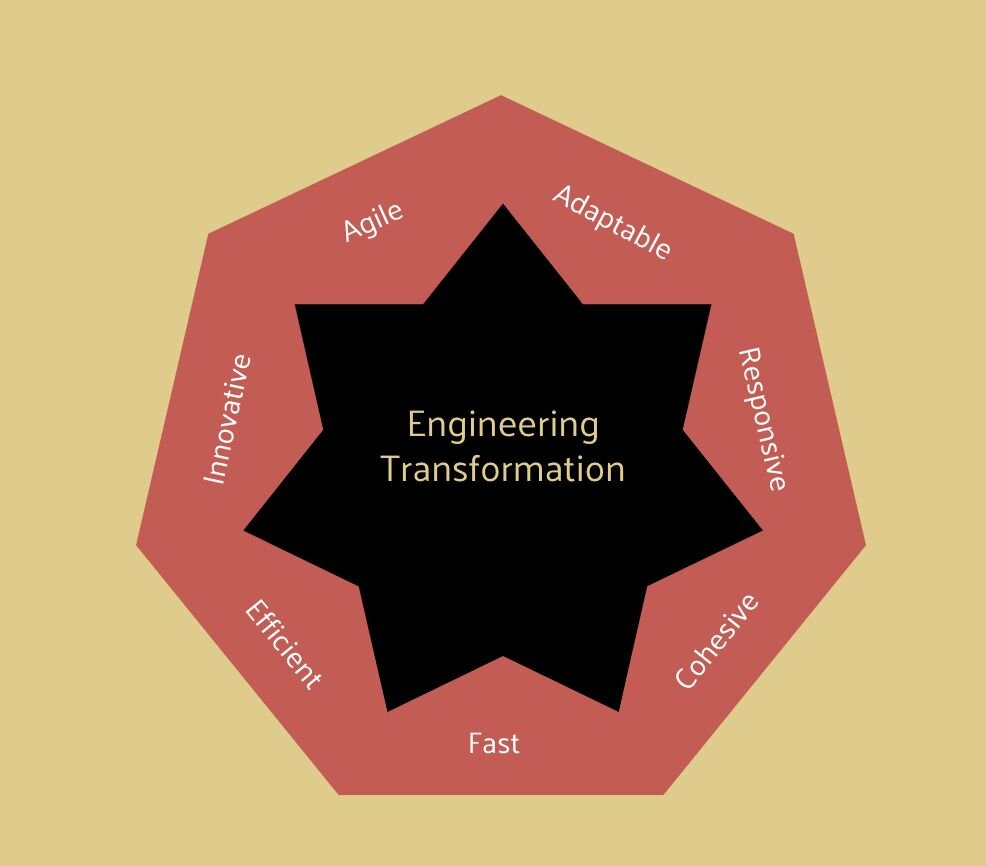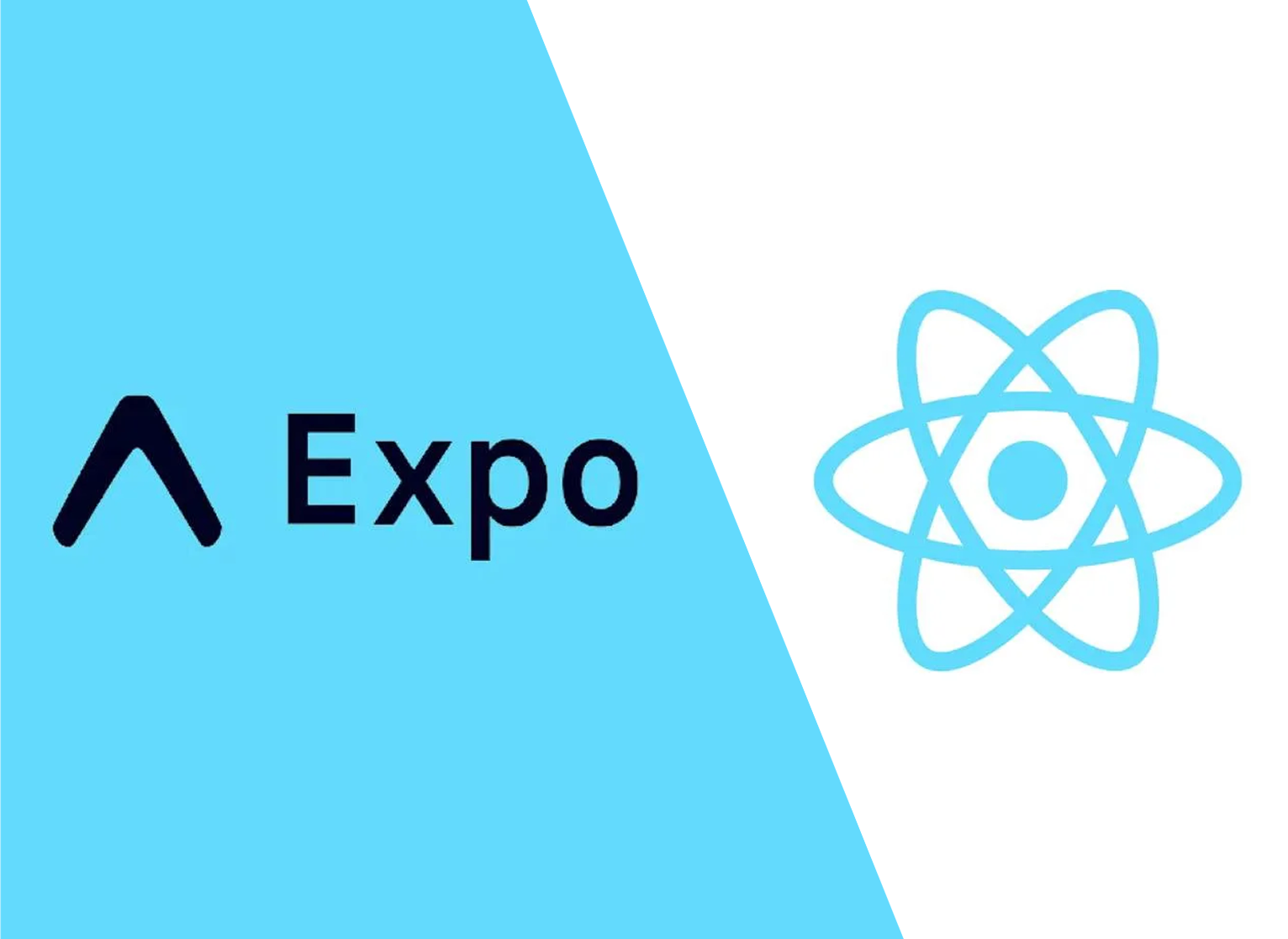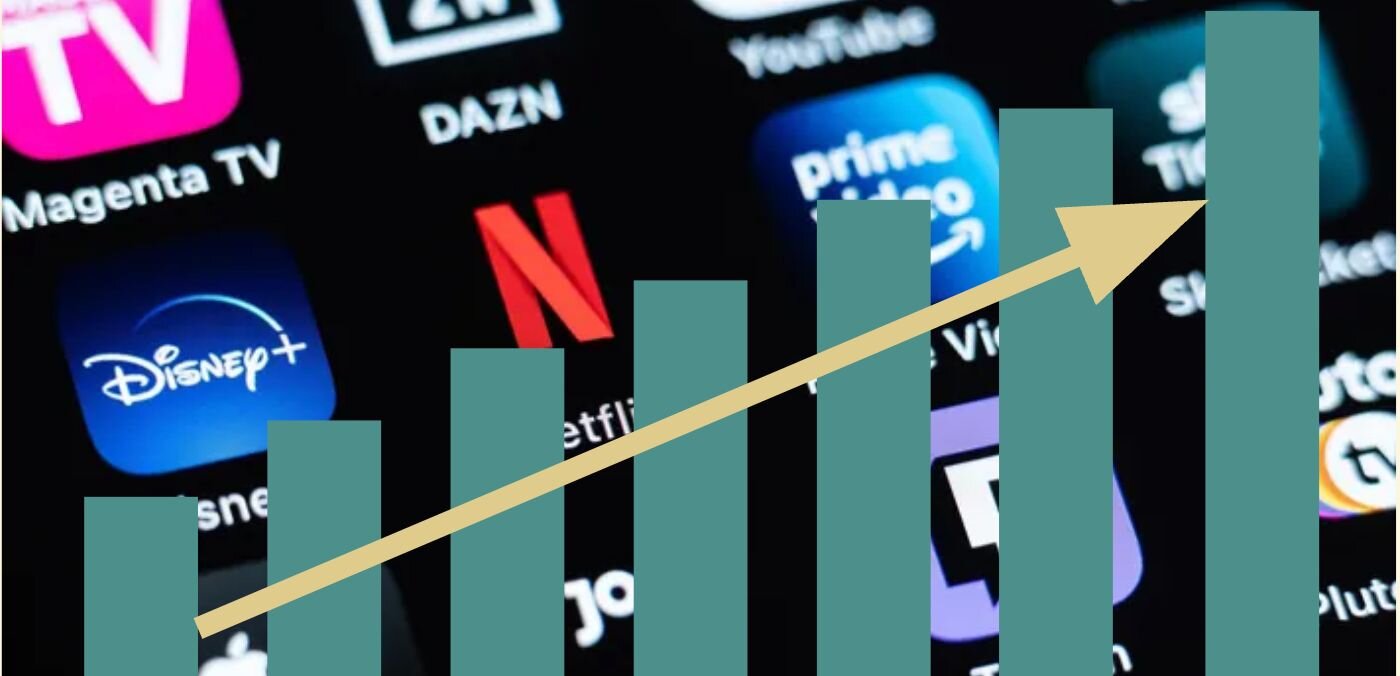
Next.js 15 has officially been released and is now stable, marking a significant milestone with a range of new features and improvements. This version builds on the previous release candidates (RC1 and RC2), focusing on stability while introducing impactful enhancements aimed at improving performance, security, and developer experience. Whether you're already a Next.js user, or looking to upgrade, this release includes critical updates you’ll want to know about. Below are some of the key highlights of Next.js 15:
- Next.js 15 introduces asynchronous access for several request-dependent APIs (e.g., cookies, headers, params). This improves rendering efficiency by allowing the server to prepare data before the request arrives. This change is breaking, but migration support is available via codemods and temporary synchronous access with warnings
- The default caching behavior for GET Route Handlers and Client Router Cache has been updated to uncached by default. This gives developers more control over caching, particularly for third-party requests and partial prerendering. Developers can opt into previous caching behavior if needed
- Next.js 15 brings experimental support for the React Compiler, a new tool from Meta that improves performance by automating optimizations previously requiring manual memoization (e.g., useMemo, useCallback). The React Compiler analyzes your code at a deep level, allowing Next.js to optimize it automatically, reducing manual coding errors and improving maintainability. It also introduces React 19 compatibility, ensuring a smooth transition to the upcoming release while maintaining support for React 18 in the Pages Router
- Next.js 15 enhances self-hosting with customizable caching (e.g., Redis), efficient use cache API, and improved image optimization using Sharp. It offers easier cache control configuration, Node.js support for middleware, and better documentation, making it simpler for developers to deploy on private servers or multi-container setups
The highly anticipated Svelte 5 also released last month, a ground up re-write which took over 18 months. It promises to make your apps faster, smaller, and more reliable. Svelte 4 syntax will continue to be supported in v5 - which should make migration easier. Svelte 5's new Runes feature lets you manage state in a more detailed way, so you can fine-tune how your app reacts to user interactions. Key take aways include:
- Improved performance, thanks to a rewritten compiler that generates more efficient code
- Enhanced support for TypeScript and other type checkers
- Better error messages and debugging tools
Caching, Reimagined: Next.js' Vision for Faster Web Performance
Next.js has introduced enhancements to address frontend performance challenges, particularly those arising from client-server waterfalls. By leveraging React Server Components and implementing partial prerendering, Next.js enables optimized server-side data fetching in a single roundtrip. Additionally, an experimental caching mode utilizing <Suspense> and the use cache directive offers developers flexible strategies for dynamic, static, and mixed caching, while maintaining backward compatibility. Highlights include:
- Boost Performance: Adopt partial prerendering, utilize <Suspense> for dynamic data, and apply the use cache directive to optimize data retrieval and reduce client-server roundtrips
- Enhance User Experience: Improved caching strategies result in faster load times and a smoother user experience, setting businesses apart in competitive markets
- Streamline Development: Simplified caching mechanisms reduce complexity in data fetching and caching logic, accelerating development cycles and allowing for faster deployment of features
- Reduce Costs and Improve Scalability: Efficient caching decreases server requests, leading to cost savings and improved scalability
Fetch Priority API Reached Baseline
The Fetch Priority API has reached baseline availability, enabling developers to optimize resource loading and improve Core Web Vitals. Fetch Priority is a hint, not a directive. Browsers may adjust or ignore priority hints based on internal logic or user preferences
With Fetch Priority, you can:
- Set fetch priority using the priority option in the fetch API
- Use the fetchpriority attribute for HTML imports
- Choose from three priority levels: high, medium, and low
Example Use Case: Adjusting the fetch priority can be helpful in scenarios like an above-the-fold image carousel. Set the first image to high priority and the other images to low priority to optimize resource loading.
The Latest from GitHub: Two Updates You Need to Know
GitHub Copilot has expanded its capabilities by integrating multiple AI models, including Anthropic's Claude, OpenAI's o1 mini, and upcoming support for Google's Gemini.
- Enhanced customization for tailored AI assistance
- Explore new AI models and determine the best fit for your coding needs
-
GitHub Universe Conference announces GitHub Spark, an experimental tool that lets users build small web apps using natural language. This innovative tool enables developers and non-developers to create prototypes and refine them through a chat-like experience.
- Live previews and optional code editing
- Integrates with GitHub repository, Actions, and Azure CosmosDB
- Choice of AI models, including Anthropic's Claude Sonnet and OpenAI's GPT

Stay ahead of the curve with Econify's newsletter, "The Loop." Designed to keep employees, clients, and our valued external audience up to date with the latest developments in software news and innovation, this newsletter is your go-to source for all things cutting-edge in the tech industry.
Missed an issue? Explore The Loop's archive here.
The Loop is written and edited by Victoria Lebel, Alex Kondratiuk, Alex Levine, Christian Clarke, and Marie Stotz.
Latest Tech Updates in Your Industry
Designed to keep employees, clients, and our valued external audience up to date with the latest developments in software news and innovation. It is your go-to source for all things cutting-edge in the tech industry.
Related Updates




















Contact Us

New York, NY 10003



New York, NY 10003, U.S.A.
London, EC4A 3TW,






